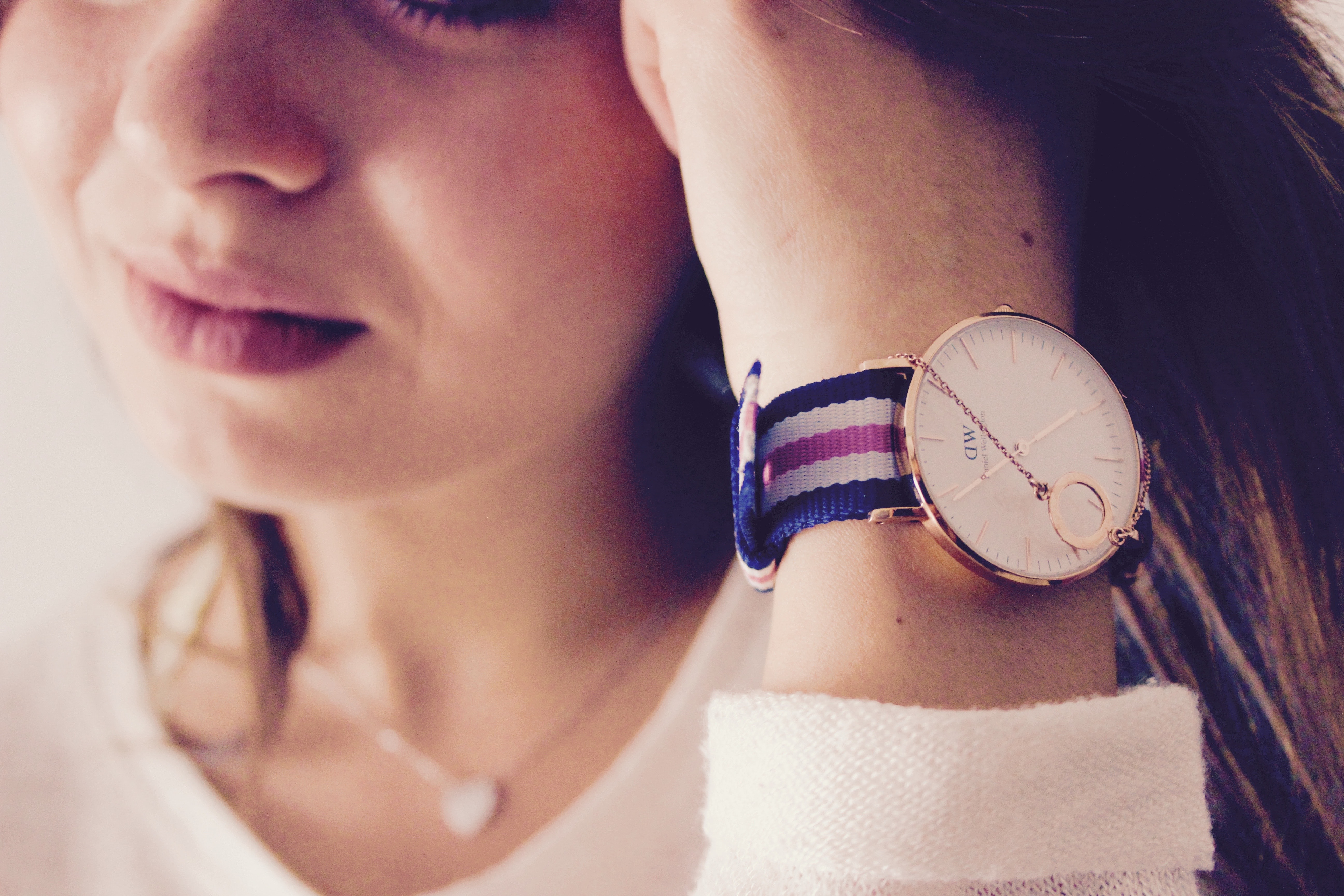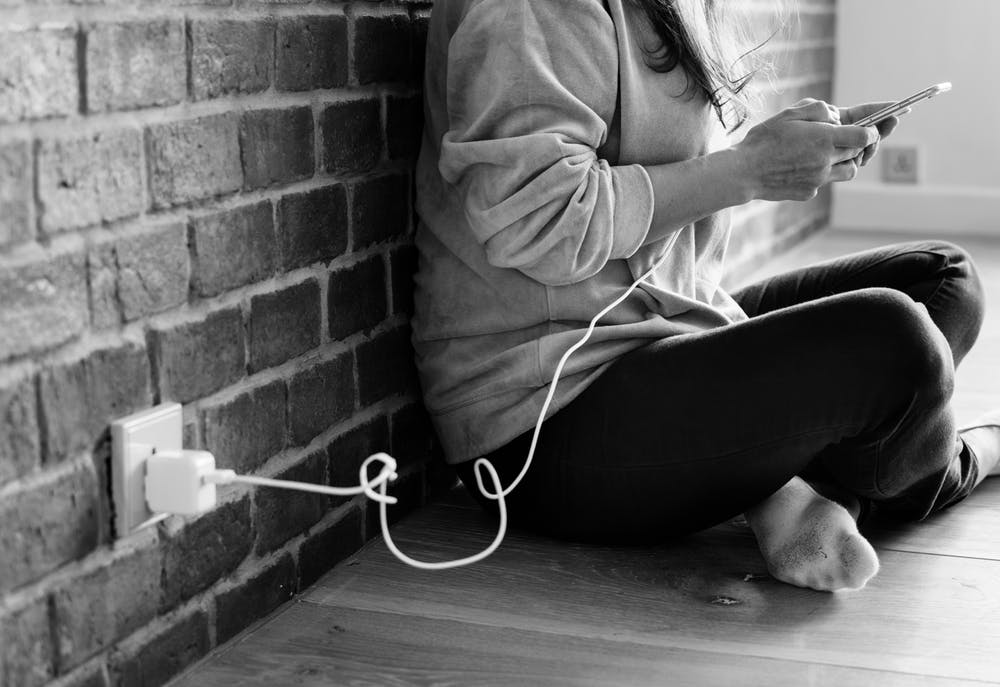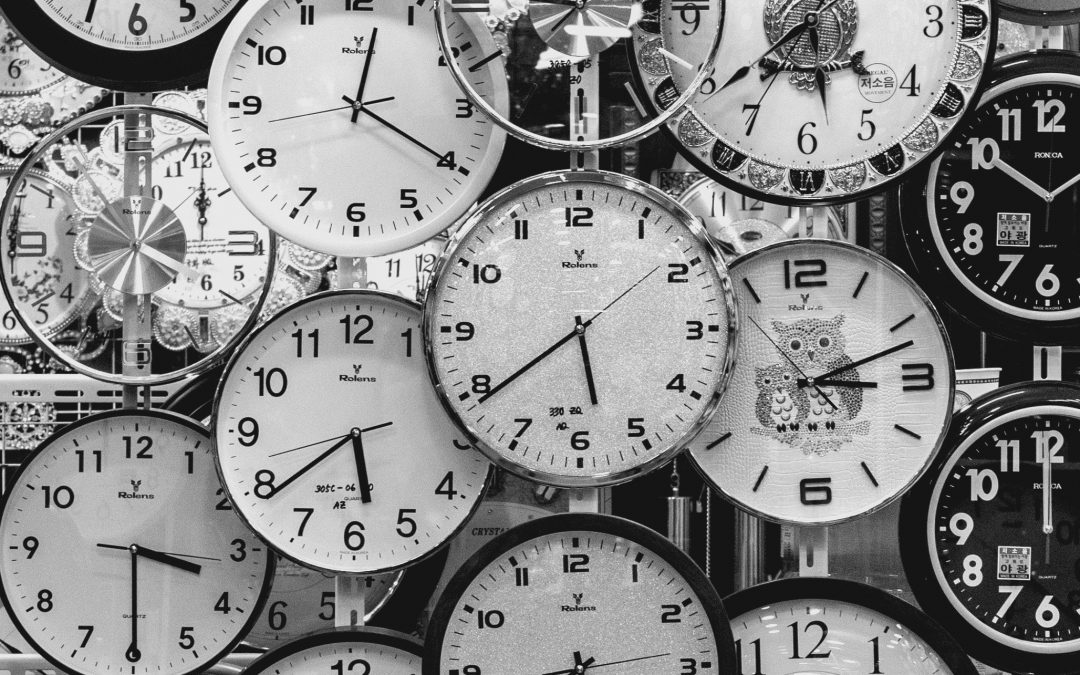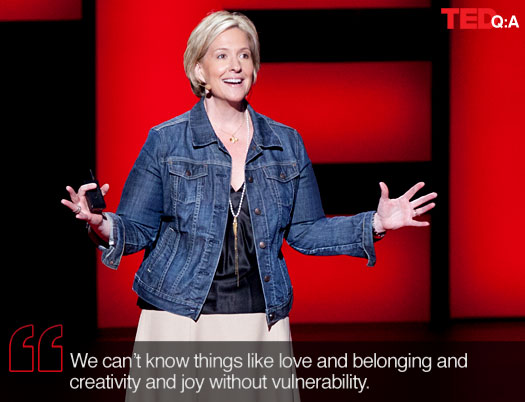
Research has demonstrated a myriad of health benefits – physical, mental and emotional – associated with being in an affectionate relationship.
With Valentine’s Day approaching, many people fortunate enough to find themselves in relationships will be preparing for a day of celebration. The health conscious may look at boxes of chocolates and meals in restaurants warily, but it is worth remembering that outside of these indulgences, a wealth of health benefits have been identified for people in relationships.
Many will be aware that sex is a form of exercise, increasing the heart rate and reaching an average peak at orgasm comparable to forms of light exercise, such as walking upstairs. It is also fine for people with heart disease to have sex, so long as they can still do equivalent activities (such as walking up two flights of stairs) without experiencing chest pain.
Outside of this, though, several other health benefits arise from being in a relationship. And being in a loving relationship is not simply a bed of roses; different types of relationship have their own effects. We investigate.
Put a little love in your heart
The heart is one of the most conspicuous symbols of love, and perhaps it is unsurprising that love is associated both literally and figuratively with one the most important organs in the human body. With February being American Heart Month, it seems prudent to examine the less obvious benefits to the heart first.
Research has indicated that being in a satisfying relationship can lead to improved survival rates after coronary bypass surgery – an aggressive treatment for heart disease. The effects of satisfaction were reported to be just as important to survival as traditional risk factors, such as obesity and tobacco use.
This finding may have been due to happy relationships encouraging healthful behavior, such as quitting smoking and keeping fit.
Less active displays of intimacy than sex can also be beneficial to cardiovascular health. One study found that couples holding hands for 10 minutes followed by a 20-second hug had healthier reactions to a public speaking task than participants who merely rested quietly.
The couples that had brief warm social and physical contact exhibited lower heart rates, lower blood pressure and smaller increases in heart rate, with results comparable for men and women.
“These findings suggest that affectionate relationships with a supportive partner may contribute to lower reactivity to stressful life events,” write the authors. The implication from the study is that affectionate relationships could be related to better cardiovascular health.
Hypertension can be dangerous, leading to serious conditions including heart failure, stroke and heart attack. Research has also found that it can increase the risk of cognitive decline later in life. However, lowering blood pressure is not the only aspect of being in a relationship that benefits cognitive functioning.
Always on your mind
Sex has also been found by researchers to improve mental health. A small study of 46 men and women suggested that like other forms of physical activity, sex reduces levels of stress.
Researchers conducted stress tests involving acts such as doing mental arithmetic out loud, finding that people who had sex coped better with stress than participants that had no sex at all.
A person’s sense of well-being can also be improved by sex. A much larger study of 3,000 people aged 57-85 demonstrated that those who were having sex rated their health much more favorablythan those who were not.
In this study, it was not just sex that led to improved well-being, but being in a satisfying relationship overall. The researchers found that participants in close relationships were more likely to report they were in “excellent” or “very good” health, rather than merely “good” or “poor.”
According to the Mayo Clinic, thinking positively in this manner could lead to further health benefits, including reductions in the risk of the following:
- Common cold
- Depression
- Distress
- Overall mortality.
Dr. Larry J. Young, of Emory University in Atlanta, GA, told Medical News Today that the benefits to health and well-being that come from being in a relationship are best understood from seeing what happens when a relationship is lost, either by death or splitting up:
“Loss of a loved one (e.g. spouse or romantic partner) leads to an increase in mortality, immune suppression, cardiovascular disease and depression.”
Love is not the same for everyone
It should be pointed out that no one seems to experience love in precisely the same way as everyone else. We are all drawn to different kinds of people and expect many different things from a relationship. It should not be surprising, for this reason, that the health implications of love also vary.

Could levels of affection and attachment style determine the health benefits couples receive from their relationship?
Recently, MNT reported on a study investigating the effects of attachment style on pain relief. Adult attachment style refers to patterns exhibited by individuals in relationships related to how they seek or avoid closeness.
Typically, the presence of a partner in a painful situation would be considered comforting and a relief, yet this was not the case for every participant in the research.
In a small study of 39 women, “moderately painful” laser pulses were administered to the participants’ fingers while their romantic partner was present and then absent. The authors found that the more women were avoidant of closeness in their relationships, the more pain they experienced when their partner was present.
The authors concluded that “partner presence may not have beneficial effects on the experience of pain when the individual in pain is characterized by higher attachment avoidance.” The presence of others may disrupt the preferred method of coping with “the threat value of pain” for such individuals.
For the women reporting high closeness with their partner, it may be oxytocin – a hormone sometimes referred to as “the love hormone” – that could be responsible for their experiencing reduced levels of pain.
Lead author Dr. Charlotte Krahé told MNT they believed that oxytocin might be part of a neurobiological mechanism involved in shaping the effects of interacting with close others on the pain experience.
Oxytocin has been associated by researchers with parts of the brain that are involved in emotional, cognitive and social behaviors. Acts of intimacy, such as sexual intercourse, holding hands and looking into another person’s eyes, stimulate the release of oxytocin in men and women. The hormone is produced in larger amounts in mothers when they are giving birth or nursing.
In an article published in Nature, Dr. Young suggests that long-term bonding between mates may be regulated by the same mechanisms as those involved in maternal bonding.
Oxytocin “interacts with the reward and reinforcement system driven by the neurotransmitter dopamine – the same circuitry that drugs such as nicotine, cocaine and heroin act on in humans to produce euphoria and addiction,” he writes.
“I think this is the only reason that we do hug and touch each other all the time. I think this is the mechanism that keeps oxytocin levels high in relationships,” says Dr. Rene Hurlemann, a professor of psychiatry at the University of Bonn in Germany.
Addicted to love, and then withdrawal
“We have evidence that it is the withdrawal from oxytocin after social loss that leads to the depressive side effects, at least based on our studies in monogamous prairie voles,” Dr. Young told MNT.

A study of nuns has demonstrated that romantic relationships and sex are not required for good health and long life.
In a paper published in Psychopharmacology in 2012, Dr. Young and James P. Burkett reviewed research on drug addiction alongside research on social attachments. “The psychology of human love and drug addiction share powerful overlaps at virtually every level of the addictive process, from initial encounters to withdrawal,” the authors conclude.
Oxytocin was found to play a modulatory role in many aspects of drug addiction, along with additional roles in the processing of memories and information involved in social attachment.
The association between oxytocin and addiction was explored further last year in research conducted by the University of Adelaide in Australia. The study suggested that poor development of oxytocin during early childhood could explain why some individuals succumb to addictive behavior.
Dr. Young and Burkett state that the overlaps in the psychology of human love and drug addiction suggest that forms of treatment for one domain may be effective in another. “[For] instance, treatments used to reduce drug cravings may be effective in treating grief from the loss of a loved one or a bad breakup,” they write.
These findings suggest that further research into the neurobiological mechanisms of love could reveal ways in which its positive healthful effects could be brought to people that find themselves without it.
Not all doom and gloom for single people
Single people can feel quite downhearted around Valentine’s Day, being surrounded by people experiencing a joy that, at that moment in time, eludes them. Reading about these examples of health benefits for happy and affectionate couples may well contribute toward to this.
It is not all doom and gloom for single people, however. Research has found that having a good network of friends can have many of the same positive effects as being in a relationship.
One study of 1,500 people aged over 70 found that participants who reported having strong friendship groups tended to live longer than people with fewer friends. The authors suggested that this finding could be due to friends having a positive influence on lifestyle choices.
Despite all the health benefits that sex provides, research has also demonstrated that a life of celibacy can also be one that is long and healthy. A longitudinal study of 678 nuns aged 75-107 found many participants maintaining an active lifestyle and demonstrating strong cognitive function well into old age.
So, while there is much to celebrate about being in a relationship around Valentine’s Day, it is by no means the be-all-end-all, especially when looking from a health perspective. Good health and long life can be enjoyed by anyone, no matter what their relationship status is.

















